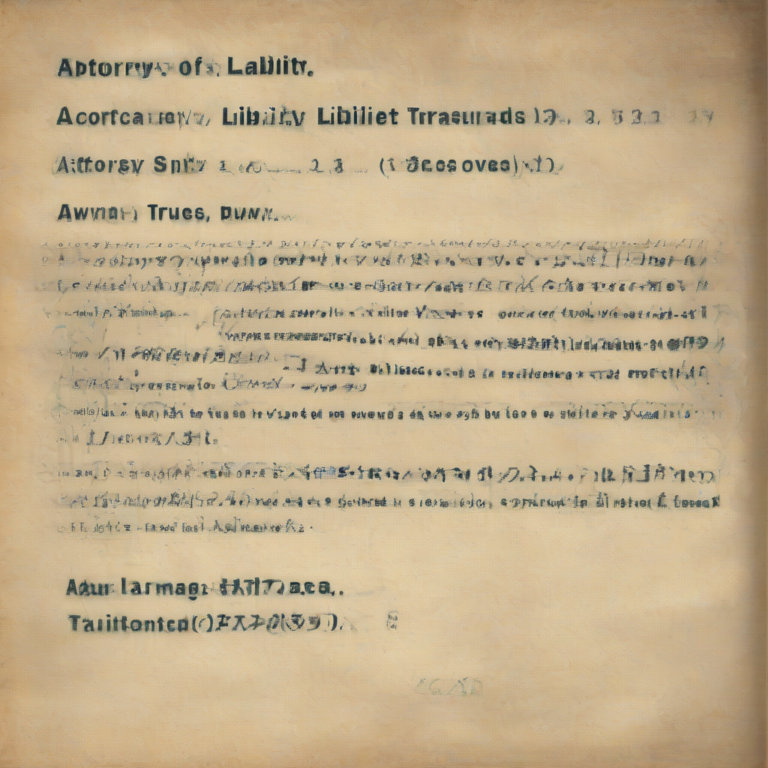
Navigating the Washington Internet Landscape: A Comprehensive Guide to Providers and Services
Washington state boasts a diverse range of internet service providers (ISPs), catering to the needs of urban centers and rural communities alike. Choosing the right provider can be a daunting task, given the variations in technology, speed, pricing, and coverage. This guide aims to illuminate the complexities of the Washington internet market, offering insights into the major players and helping you make an informed decision.
Major Internet Service Providers in Washington
-
Comcast Xfinity:
A dominant player in many Washington cities, Comcast Xfinity offers a wide array of internet plans, including cable internet, fiber internet (in select areas), and bundled packages with television and phone services. They generally offer competitive speeds and reliable service, but pricing can vary significantly depending on location and plan. Customer service experiences can be mixed, with some users reporting positive interactions while others express frustration.
-
CenturyLink:
A significant provider throughout Washington, especially in rural and less densely populated areas, CenturyLink primarily utilizes DSL and fiber optic technologies. While their DSL service may offer slower speeds compared to cable or fiber, their fiber options can be highly competitive. They are often a key player in areas where other providers have limited reach. Customer service reviews are varied, similar to Comcast.
-
Ziply Fiber:
A rapidly growing provider focusing on fiber optic internet, Ziply Fiber is expanding its reach across Washington. Their emphasis on fiber ensures high-speed, reliable connections, a significant advantage over DSL or cable in many situations. While currently not available everywhere, their ongoing expansion is making high-speed fiber more accessible to Washington residents. Customer reviews often highlight the speed and reliability of their service.
-
Frontier Communications:
Frontier offers a mix of DSL, fiber, and fixed wireless internet services in parts of Washington. Their offerings and availability vary significantly by location. It is crucial to check their coverage maps and compare plans before making a decision, as speeds and pricing can differ dramatically based on your address.
-
AT&T:
While not as ubiquitous as Comcast or CenturyLink, AT&T offers internet services, often through DSL and fiber, in specific areas of Washington. Their availability is geographically limited, so checking coverage is vital before considering them as an option.
Understanding Internet Technologies in Washington
-
DSL (Digital Subscriber Line):
DSL uses existing telephone lines to transmit data. While widely available, it generally offers slower speeds than cable or fiber internet, particularly over longer distances from the central office. DSL is frequently found in rural areas where other technologies are less accessible.
-
Cable Internet:
Cable internet utilizes the same coaxial cables that transmit television signals. It typically offers faster speeds than DSL and is common in urban and suburban areas. However, speeds can be affected by network congestion during peak usage times.
-
Fiber Optic Internet:
Fiber internet uses strands of glass to transmit data at the speed of light. This technology delivers the fastest speeds and most reliable connections currently available. Fiber is increasingly prevalent in many Washington cities, but its availability remains limited in more rural communities.
-
Fixed Wireless Internet:
This technology uses radio waves to transmit data from a fixed location, often a cell tower, to your home. While offering a potential solution in areas lacking other broadband options, fixed wireless speeds can be affected by weather conditions and distance from the transmitting tower.
-
Satellite Internet:
Satellite internet uses satellites orbiting the earth to provide internet access. It can reach even the most remote areas but typically offers slower speeds and higher latency (delay) compared to terrestrial technologies. It is often a last resort for those lacking other options.
Factors to Consider When Choosing an ISP
-
Speed and Bandwidth:
Consider your internet usage. Streaming high-definition video, online gaming, and video conferencing require higher speeds and bandwidth than basic web browsing and email.
-
Pricing and Plans:
Compare the costs of different plans offered by various providers. Look for introductory offers but also examine the long-term pricing to ensure it fits your budget.
-
Data Caps:
Many ISPs impose data caps, limiting the amount of data you can use each month. Exceeding the cap can lead to additional charges or reduced speeds. Consider your data usage and choose a plan with a suitable data allowance or unlimited data.
-
Contract Lengths:
Check the contract terms. Some providers require long-term contracts, while others offer month-to-month plans. Consider your needs and commitment level when making a decision.
-
Customer Service:
Read online reviews and check customer service ratings to get an idea of the provider’s responsiveness and helpfulness. Reliable customer support is crucial, especially during service disruptions.
-
Coverage and Availability:
Before choosing a provider, verify that they offer service at your address. Use the provider’s website or contact them directly to confirm availability.
-
Bundled Services:
Many ISPs offer bundled packages that combine internet, television, and phone service. Consider if bundling would be cost-effective for you.
Regional Variations in Internet Access
Internet access varies significantly across Washington. Urban areas generally have access to a broader range of providers and technologies, including high-speed fiber optic internet. However, rural areas often face limited choices and slower speeds, with DSL and satellite internet being more common. The Washington State government and various initiatives are working to improve broadband access in underserved communities, but significant challenges remain.
Finding the Right ISP for Your Needs
Choosing the best internet service provider requires careful consideration of your individual needs and circumstances. By understanding the available technologies, comparing plans, and factoring in crucial considerations like speed, price, and customer service, you can make an informed decision and secure the internet connection that best suits your requirements. Remember to check availability at your specific address before committing to a provider.
Resources for Finding Washington Internet Providers
- Provider Websites: Directly visit the websites of the major providers mentioned above to explore their offerings and check availability.
- Comparison Websites: Several websites allow you to compare internet plans from different providers in your area.
- Washington State Government Resources: Check the website of the Washington State Department of Commerce for information on broadband expansion initiatives and resources for consumers.





